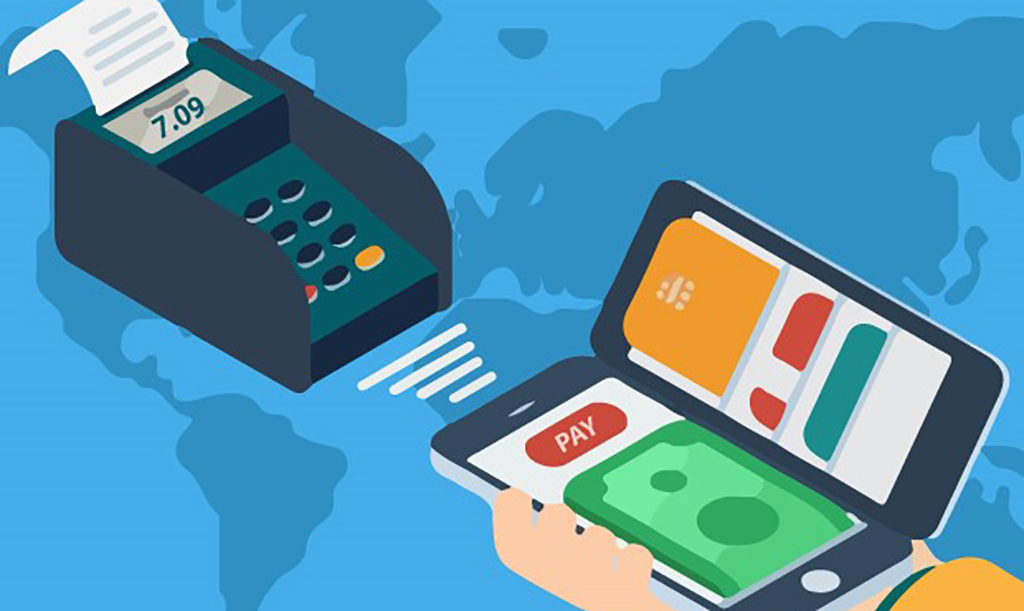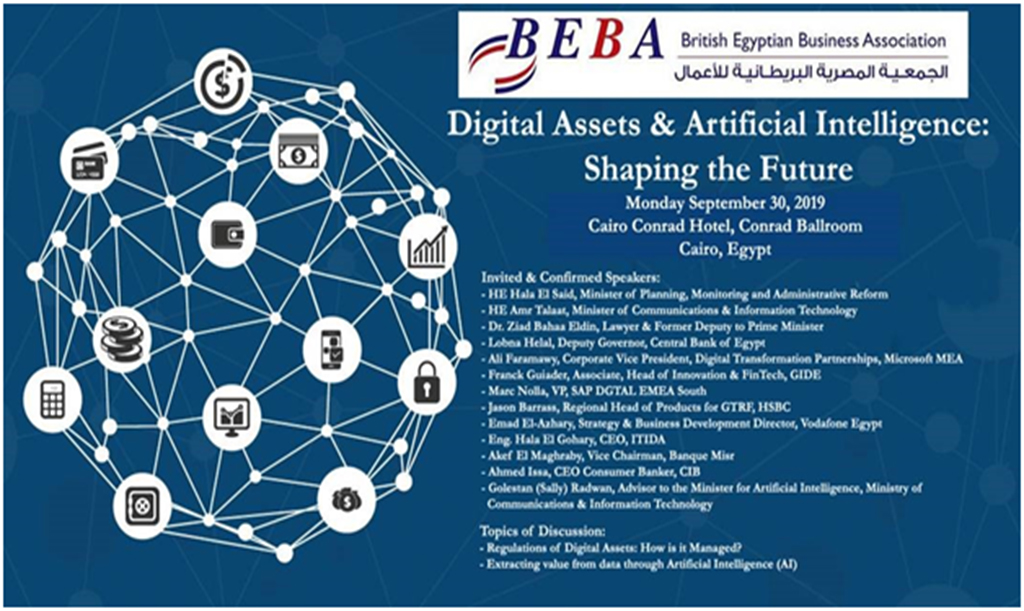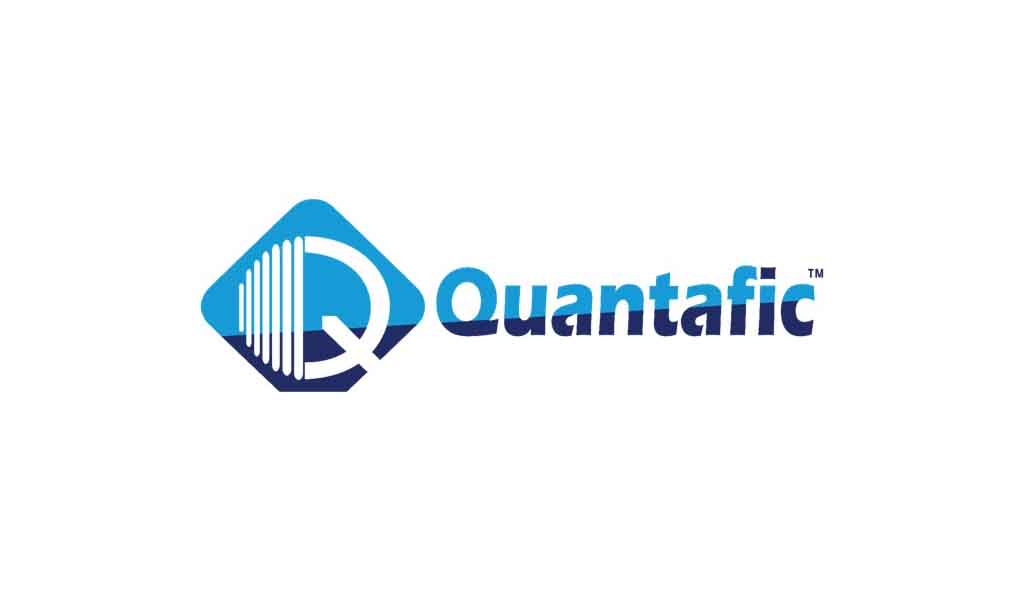MSME Lending & FinTech: What to Expect in 2020
10 February 2020
(FinTech Egypt – Economic Times)
Today, people with no bank accounts are still to conduct
digital transactions in most parts of the world, through QR-code enabled
solutions and non-account-centric payment apps.
As FinTech blooms and disrupts traditional finance across
the world, perhaps one of its most significant impact points is on the MSME (Micro,
Small & Medium Enterprises) lending arena. Access to credit has always been
an ongoing issue for startups or SMEs in general, and the trending emergence of
innovative lending platforms that empower young companies is granting them this
much-needed access. The use & fast development of futuristic tools like
artificial intelligence (AI), machine learning (ML) and sophisticated data analytics
is supporting FinTech entities to provide and extend customized working capital
solutions to MSMEs as they require.
Expected to evolve and take off in India, this specific
aspect of FinTech is a frontrunner when it comes to financial inclusion expectations
across the country in 2020. Below are some factors that should accelerate this
evolution.
Combining technology and data for unprecedented benefits
In the age of technology, data is the new gold. Better
access to definitive high-quality data from several credible sources
establishes new drivers for change in the MSME lending arena. Newer FinTech lending
models need to verify and validate their data so as to bring up their
efficiency and coverage for their customers. Lending initiatives that greatly
benefit from rich data include as flow-based lending, vertical-based lending,
and ecosystem-based lending. The current state of this symbiotic relationship
between data and tech indicates that data-centric business transformations are
under way and are expected sooner than later in the 2020 MSME sector.
There is also an identified shift in FinTech, where the data
focus is shifting from volume to relevance. Companies will be focusing more on
richer data as opposed to just quantity, helping them generate sustainable
competitive advantages and delivering better customer satisfaction. This shift
ultimately leaves room for even more innovation in lending models while
granting a growth point to existing models.
NBFCs and relevant digital services
NBFC-AA (Non-Banking Financial Company account aggregators) and
E-mandate services are being introduced to act as new MSME lending growth
factors. E-mandate services will enable FinTech entities to ‘digify’ post-approval
documentation, an aspect of the lending value chain that has yet to be
tech-transformed. Depending on physical documentation slows down processes and
adds unnecessary costs that can be easily avoided with digitization. Any
process that is not digitized automatically impacts the rest of the digitized
processes, resulting in slower capital disbursal and therefore lost time for
the company trying to get a loan. Leading FinTech companies are currently
implementing digital signatures to critical documentation, allowing borrowers
& lenders to save time and effort.
Overall, there are many complementary NBFC-AAs that enrich
FinTech products & services, such as managing the process of financial data
extraction through API integrations and similar efforts, resulting in creating
a streamlined experience to make the online lending process quicker for
borrowers while simultaneously allowing FinTech lending platforms to enjoy more
cost-effective operations and higher efficiency.
Tags
MSMEs, MSME lending, SMEs, India, QR code, AI, artificial
intelligence, ML, machine learning, E-mandate, NBFC, NBFC-AA
related articles

Financial Health is What FinTech Should Be Empowering

Setting Digital Banking Transformation Priorities During a Pandemic

The State of Biometrics in 2020 and Beyond

Regulatory Technology is the Unsung Hero of Digital Transformation

Bridging the Digital Divide with APIs

The Impact of IoT on FinTech & Banking

How is Banking Changing with COVID-19?

Customer Service Transformation has become a must in a Digital World

The Opportunities and Threats of FinTech during COVID-19

How FinTech can relate to the Healthcare Industry

Disrupt Africa: Egypt is Leading African Tech Hub in 2019

Humanizing Services through Smart Banking Technologies

How Digital Innovation can Transform the Future of Banks

Banking Experts Forecast Key FinTech Trends in 2020

How FinTech is Changing the Finance Industry.

Egyptian-founded FinTech Startup Tribal Credit Secures $5.5m in Seed Funding

6 FinTech Trends That Will Transform Banking In 2020

FinTech Trends To Keep An Eye On In 2020

How FinTech Can Contribute To Healthcare

How many digital Middle Eastern companies have unlocked their full innovative potential?

Top Five MENA Venture Capital Investments in Q3 2019

Singapore FinTech Festival 2019: A Meeting of the Minds

Digital Banking vs Physical Branches: Competition Not Mandatory

BEBA presents the Digital Assets & Artificial Intelligence: Shaping the Future event

Five Technologies Expected to Reshape FinTech in 2020

CIB Seeks FinTech Startups For Merchant Mania Challenge

Exclusive Interview With Quantafic, Winner Of The Digital Lending FinTech Innovation Challenge
.jpg)
Egypt’s First Artificial Intelligence Faculty launched at Kafr El Sheikh University


 0
0
 4.3k
4.3k 



Comments